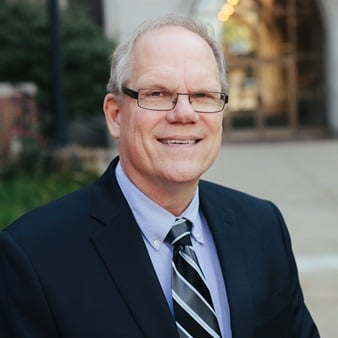Daily Devotional | Made Like Us
How human was Jesus? In his book Jesus Wars, author Philip Jenkins observes, “In the early centuries of Christianity, very strong forces were pulling Christ Godward and heavenward.” Many early Christians emphasized the divine nature of Christ, sometimes at the expense of His humanity. But Jenkins goes on to point out that this tendency was checked by the New Testament itself, which clearly portrays the divine Christ as human.
The book of Hebrews is outspoken on this point. This same Jesus who is “the radiance of God’s glory and the exact representation of his being” also “shared” our humanity (Heb. 1:3; 2:14). Jesus did not merely appear to be human, He was “fully human in every way” (v. 17). In the person of Jesus Christ, we find someone who is both truly God and truly human.
Verses 14 and 17 go on to explain the reason this was necessary. Jesus shared our humanity so that He could die for us. He was also made like us so that He could live for us. Humanity was essential to Christ’s role as our High Priest. Without a human nature, Christ would not have been able to die on our behalf. Because He was truly human, Jesus not only died but “suffered when he was tempted.” As a result, he is “able to help those who are being tempted” (v. 18).
Jesus’ humanity was not a publicity stunt intended to get our attention. Hebrews 2:17 points out that it was a necessity. Jesus had to be made like us to be our sacrifice and High Priest. Because He was made like us and has suffered for us, He is able to “free those who all their lives were held in slavery by their fear of death” (v. 15). Jesus is the one and only God–Man!
Why was it necessary that Jesus, fully God, would become fully human? What did this accomplish for us?
Lord Jesus, we are humbled and overwhelmed that You, “the radiance of God’s glory,” shared our humanity. You lived with us, You know us, You died for us, and You are risen to live for us. We praise You today!
About the Author

John Koessler
Dr. John Koessler is Professor Emeritus of Applied Theology and Church Ministries at Moody Bible Institute. John authors the "Practical Theology" column for Today in the Word of which he is also a contributing writer and theological editor.
View More